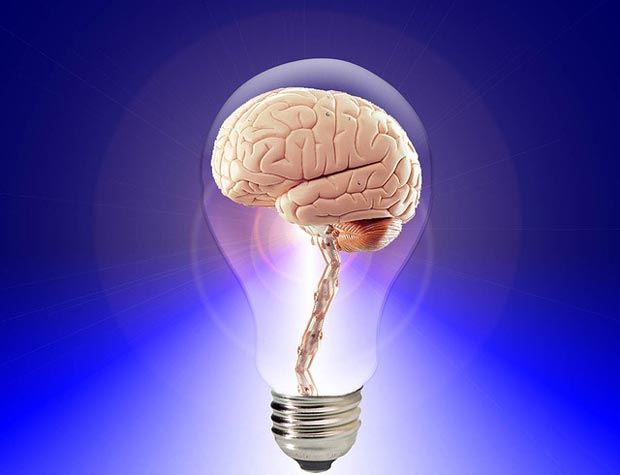- Fear of heights: Anyone can cross a 1 m long and 30 cm wide board lying on the floor – but only very few can do it at a height of 20 meters
- Marathon: A human (a trained runner) can run a marathon in about the same time as a horse with a rider
- Dead: Worldwide, 2 people die every second
- Number of people: 106 billion people have existed on Earth over time
- Stars: Since humans are primarily made up of atoms that formed in stars billions of years ago, we consider our own creation and origins when we look at the starry sky
- The number ‘pi’: Akira Haraguchi holds the world record for memorizing and reciting the most decimal places of the number pi; 100,000 in 16 hours. However, the Guinness Book of Records recognizes another record holder; Lu Chao who listed 67,890 decimals in 24 hours and 4 minutes
- Relationships: The maximum number of close friendships and relationships a person can have is 50 – 150
- Insomnia: The world record for staying awake for the longest time is 264.4 hours (11 days and 24 minutes) and was set in 1964 by then 17-year-old student Randy Gardner
- Eye contact: Someone who makes eye contact with you in 60% of a conversation is bored, 80% is attracted to you and 100% feels threatened by you
- Pregnancy: During the woman’s pregnancy, the father sometimes experiences a “sympathy pregnancy” where he experiences some of the same symptoms as the woman (such as headaches, weight gain, nausea and food cravings)

When awake, the human brain is able to produce enough energy to light a small light bulb (incandescent bulb)
Facts about humanity
- Atoms: If man is made of atoms, then a scientist studying atoms is really a group of atoms studying themselves
- Population: By 2050, there will be 9.2 billion people on Earth (there are around 7.1 billion today)
- Fallen astronauts: The only people to ever lose their lives outside the Earth’s atmosphere were three Soviet astronauts (Georgy Dobrovolsky, Vladislav Volkov and Viktor Patsayev) who died after their Soyuz-11 spacecraft lost pressure during preparations for their journey back to Earth
Facts about human nature
- Group behavior: Large groups of people make worse and more emotional decisions than small groups and individuals
- Serial killers: In the US, only 8% of all serial killers are women, but US female serial killers make up 76% of all female serial killers in the world
- Volunteers: If you start paying volunteers, they work less
Physiological facts
- The human brain: The human brain is the most complicated object in the universe – at least from our perspective
- The starry skyOn a clear night, the human eye can see between 2,000 and 3,000 stars in the night sky
- Teeth: Humans are the only primate whose tooth size decreases as our intelligence increases
- Instant linkA baby blinks only a few times per minute, while adults blink an average of 10 times. Women also blink more than men
- Sense of smell: The human sense of smell is about 10,000 times stronger than the sense of taste
- Dysosmia: Dysosmia is the term for an impaired or disturbed sense of smell. For some people with dysosmia, everything smells different than for everyone else
- Twin birth: The longest time elapsed for the birth of two twins is 87 days
- Dreams: The average person has around 1,500 dreams per year, which equates to about 4 per night
- DNA: Humans have 50% DNA in common with a banana
- Color blindness: All babies are color blind at birth and therefore see the world in black and white. Among adults, 9% of men and 0.5% of women are color blind

(this image is just for fun)
Other facts about humans
- Loading: People read long lines faster than short ones, but prefer short lines
- Paper vs. screen: On average, people read 25% slower on a computer screen than on paper
- Spelling mistakes: We can all enjoy all the fun and hunger on our three crowned plots
- Bison feces: When European settlers came to America, they used bison feces as fuel for cooking and heating
- Mobile phones: Around 30% of the world’s population has no mobile phone




